Why Relationship is the Most Powerful Kind of Capital
“Be self-sufficient.” “Work hard enough to achieve financial success and recognition.” These are the ideals of the American culture we live in. And for the vast majority (80 percent of Americans), these ideals work. Except, of course, for when they don’t.
Consider the story of a young, Black man who had the American ideal at his feet. He was able-bodied, played football, and was well-loved amongst his friends. One day, he makes a tackle on the football field and breaks his neck. He is paralyzed from the chest down and has limited use of his hands. In an instant, he is no longer able to achieve self-sufficiency and success the traditional way. He might not be able to get a job to work hard and achieve success and recognition. He may experience shame, apprehension, or fear simply because he can no longer be completely self-sufficient. He will have to ask for help for the simplest of tasks and deal with the forthcoming helpful and/or harmful responses. Nearly 20 percent of Americans are just like this man, Emeka Nnaka, sufferers of a profound disability. (1)
Nnaka is doing okay. Thankfully, he was not alone like many people with disabilities are. Nnaka had tremendous social capital. He had a group of friends who held an online fundraising campaign for him, #MakeMekaMobile, which led to his ability to purchase an accessible van that allowed him to save hours doing simple tasks.
Without the van, Nnaka says, it would have taken him all day to run an errand he recently did in about an hour and a half: going to a staffing agency to fill out paperwork for a job.
For the Church, it’s the simple actions that hold the most power. We can easily be the hands and feet of Christ by developing relationships with those who have disabilities. Nnaka’s friends held an online fundraising campaign and it changed his life! How much more can we, as the Church, simply be present? Hold the door, bring coffee, have a conversation? These simple actions provide so much opportunity for the Gospel to go forth. If you are a person unaffected by disability, believe it or not, you have privilege. Use your temporarily-abled body to lift up those that struggle with everyday tasks. The systems of the world are not built for those with disabilities. Discrimination, inaccessibility, and marginalization are realities for these people. And perhaps most difficult of all, loneliness is an almost universal consequence of disabilities. People like Nnaka, who have a disability and a strong social network, are more the exception than the rule. Disability tends to lead to isolation.
There is great power in relationship. It is a transformative asset that churches are distinctly equipped to provide. We confess that one of the most significant realities is that our God, came to be with us in Jesus. As believers in the incarnation we must also be practicers of presence and solidarity with those on the margins. Our prayer is that churches can teach and learn from one another to step out in love towards those who are often alone. May we show the way to the ultimate ideal..striving not for success or self-sufficiency but to know Jesus and to identify with His people.

